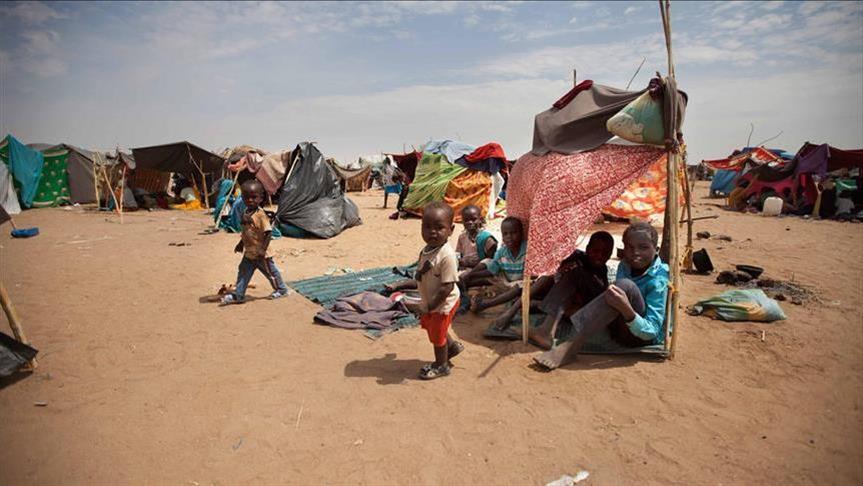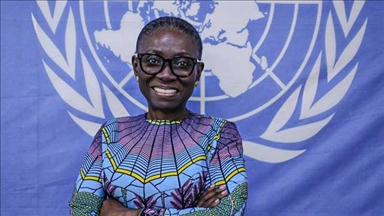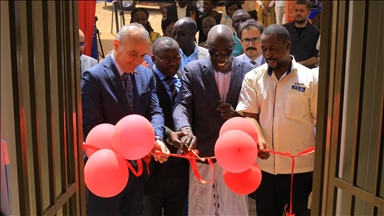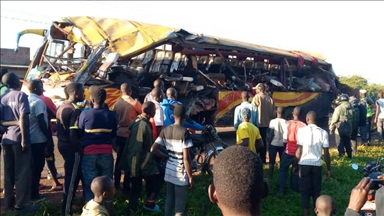Uganda: Refugee Solidarity Summit raises $358.2M
East African country seeks $2B to support 1.2 refugees, mostly from South Sudan

Ankara
By Halima Athumani
KAMPALA, Uganda
The international community has pledged $358.2 million during a refugee solidarity summit here Friday.
The pledge is part of $2 billion in aid sought by the east African country to support 1.2 million refugees, out of which 900,000 are from war-torn South Sudan.
UN Secretary-General Antonio Guterres said $358.2 million was a good place to start.
"To have as a starting figure of $358 million plus the commitments of the World Bank and the African Development Bank is a very good start", he said.
President Yoweri Museveni stated that the South Sudan crisis was man-made, and "regional mechanisms, if actively used, and supported by the international community can help resolve the crises in the Great Lakes region".
Museveni accused the International Conference on the Great Lakes Region and the United Nations of being "totally un-useful on this long-standing tragedy".
Turkey's Ambassador to Uganda Sedef Yavuzalp told the gathering his country was hosting 3.3 million Syrian refugees, and had similarities to Uganda. "Refugee hosting countries should not be left alone in carrying the burden and responsibility in supporting the refugees."
She stressed that "Turkey stands ready to work with the international community and Uganda to address the migration challenges".
Turkey has so far spent $25 billion on the refugees, while receiving only $725 million from the European Union, and $550 million from the UN Refugee Agency, President Recep Tayyip Erdogan said in April. But Turkey will continue to help refugees "with or without outside help," he added.
The UN High Commissioner for Refugees Filipo Grandi underlined that the effect of the South Sudan conflict had been "intensified by hunger as markets are disrupted, livelihoods interrupted and as drought takes its toll".
The regional refugee plan for South Sudan has in the past year seen a funding shortfall with only just 18 percent of its funding requests met by the international community. Grandi said the funding was mainly needed in critical areas such as education, shelter, education and food, with malnutrition rates among refugees alarming.
The South Sudan crisis broke out in December 2013 when President Sava Kiir fell out with his former Vice President Riek Machar leading to a war that has displaced more than 4 million people in and outside the country.
Anadolu Agency website contains only a portion of the news stories offered to subscribers in the AA News Broadcasting System (HAS), and in summarized form. Please contact us for subscription options.




